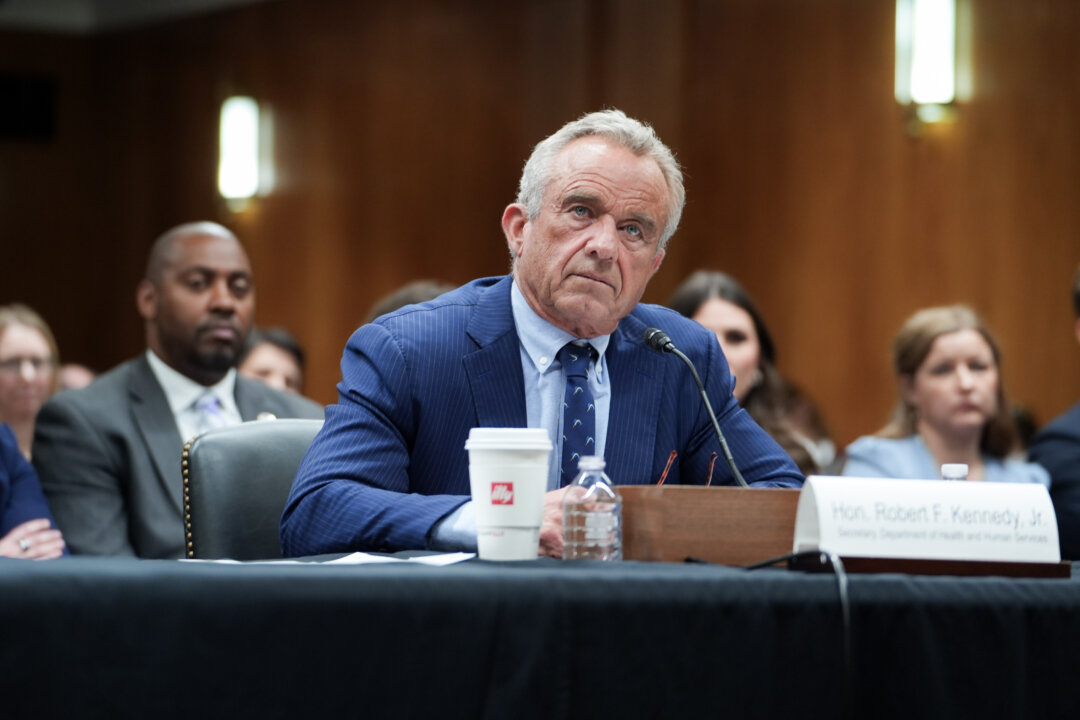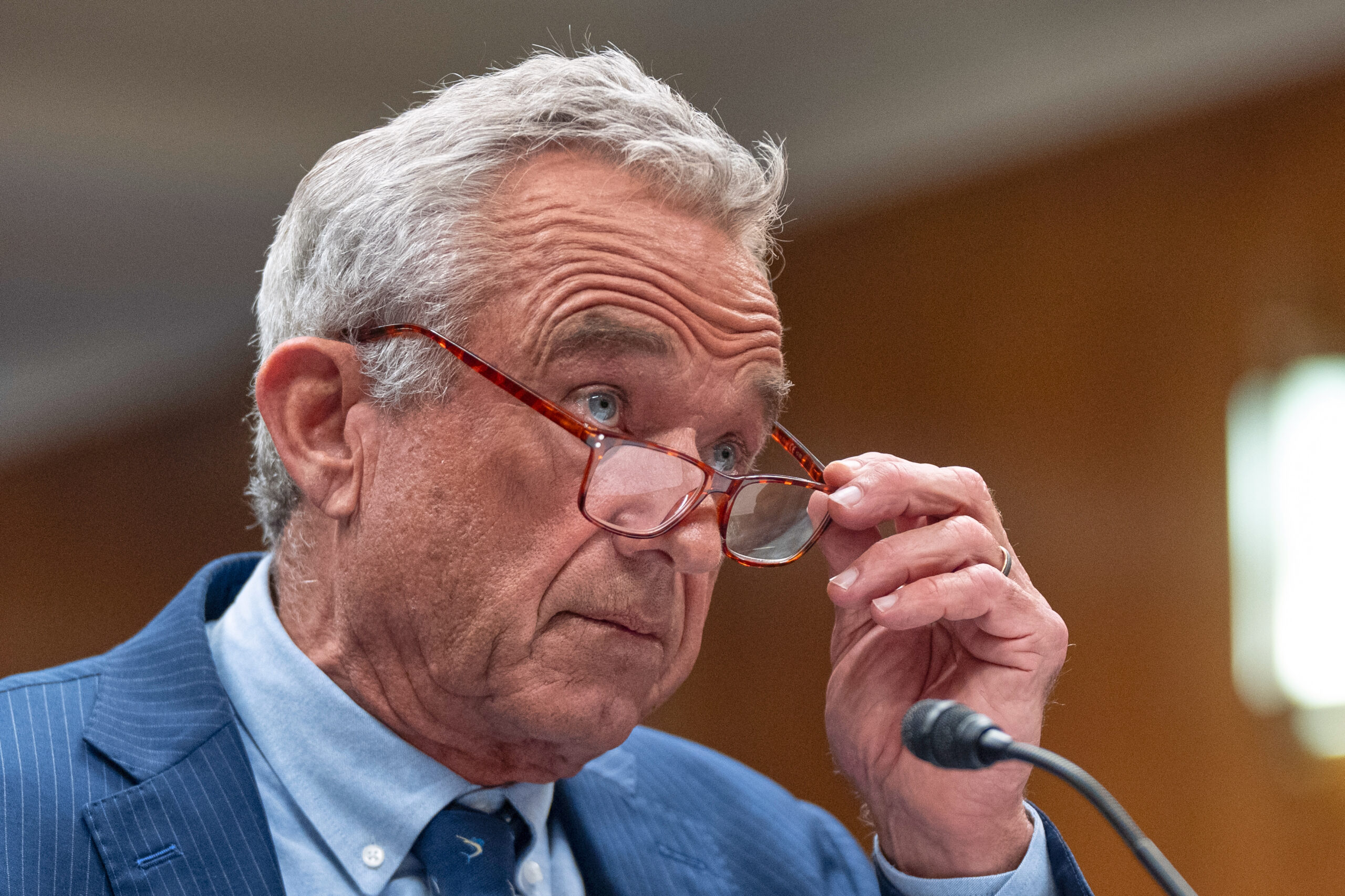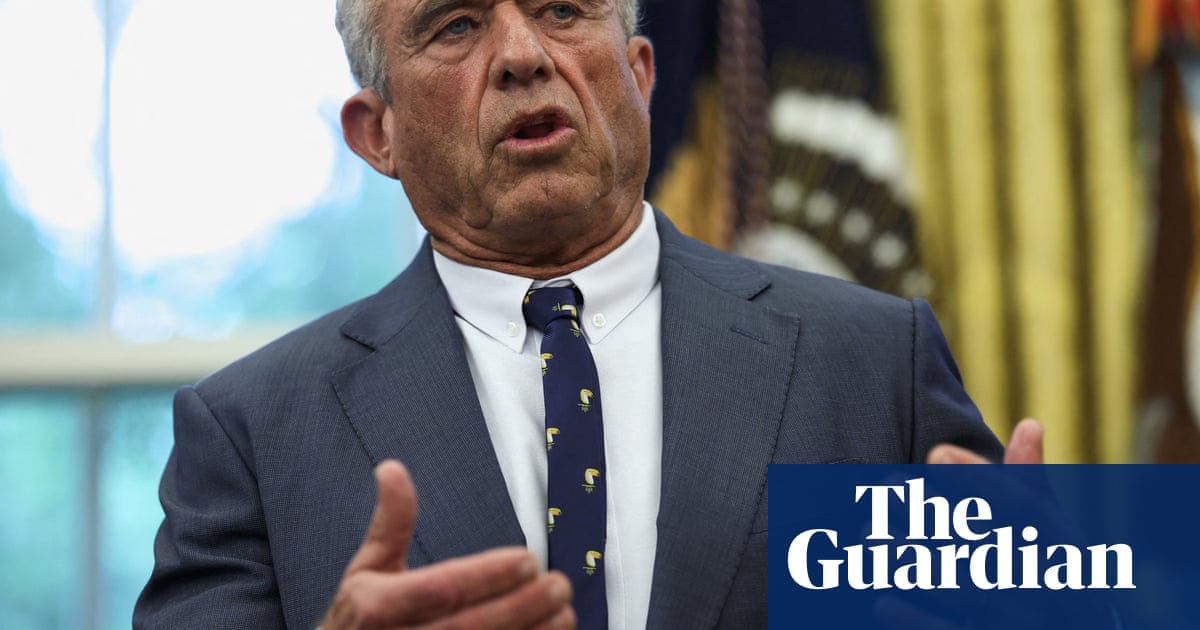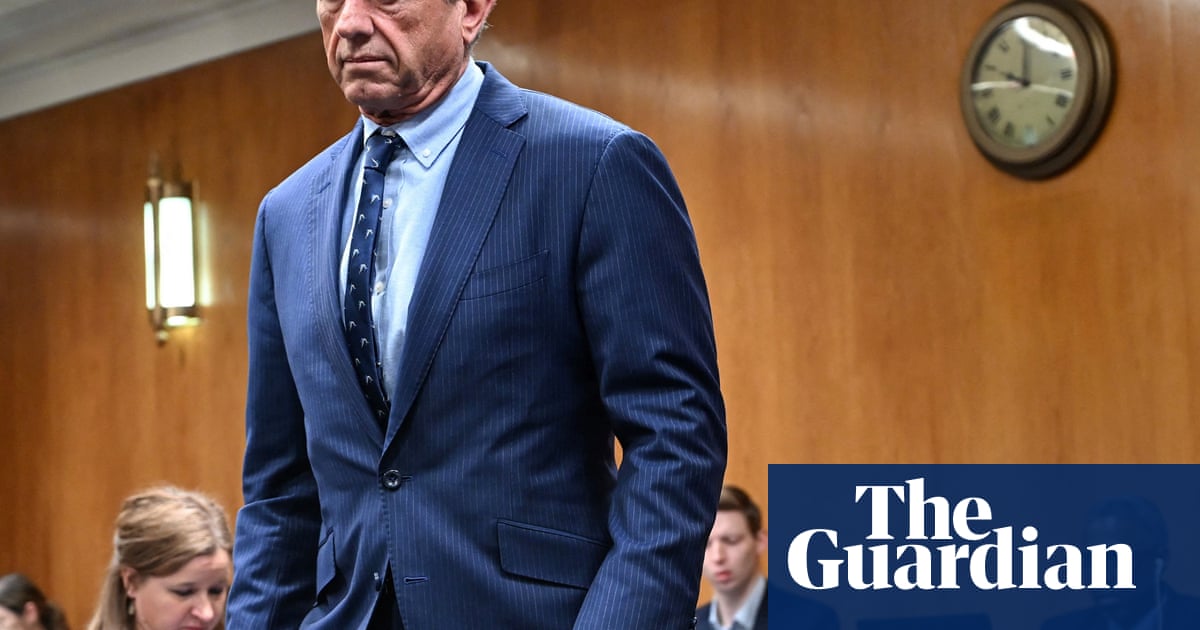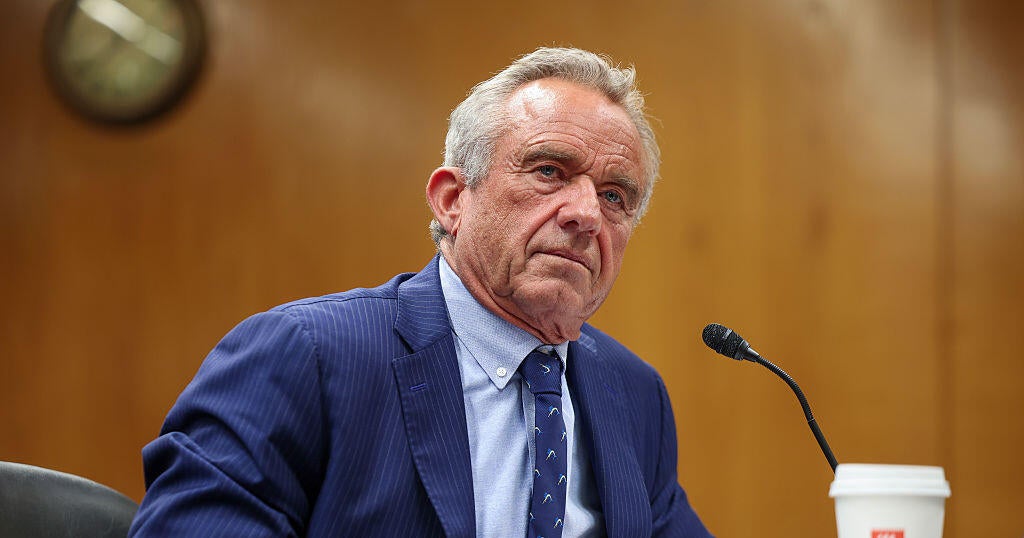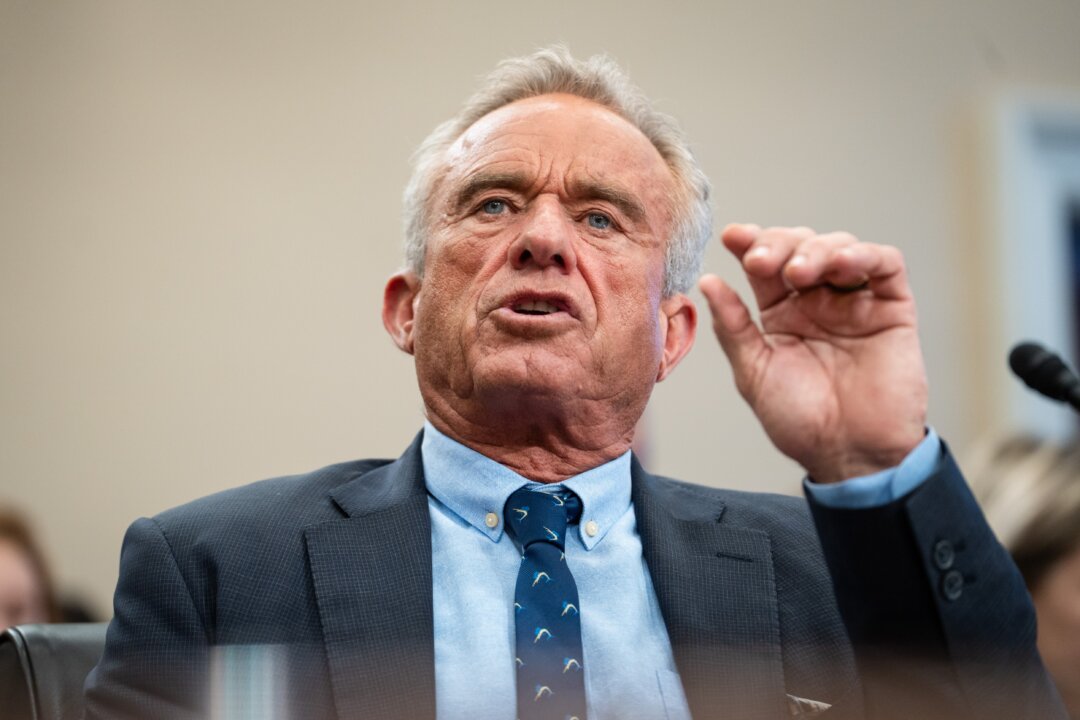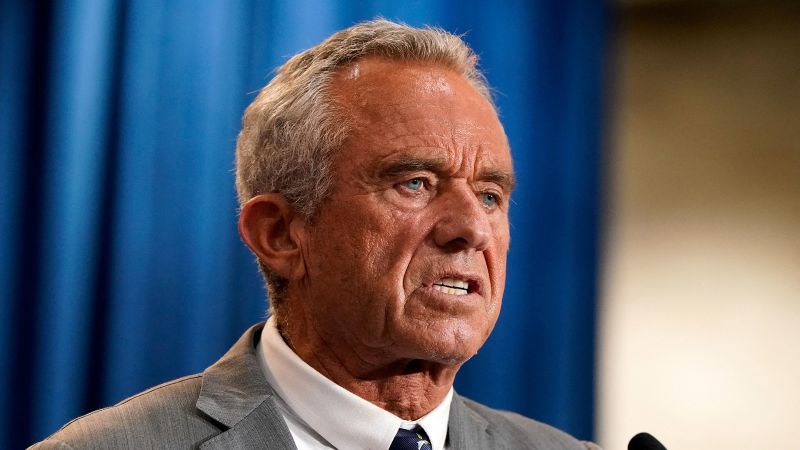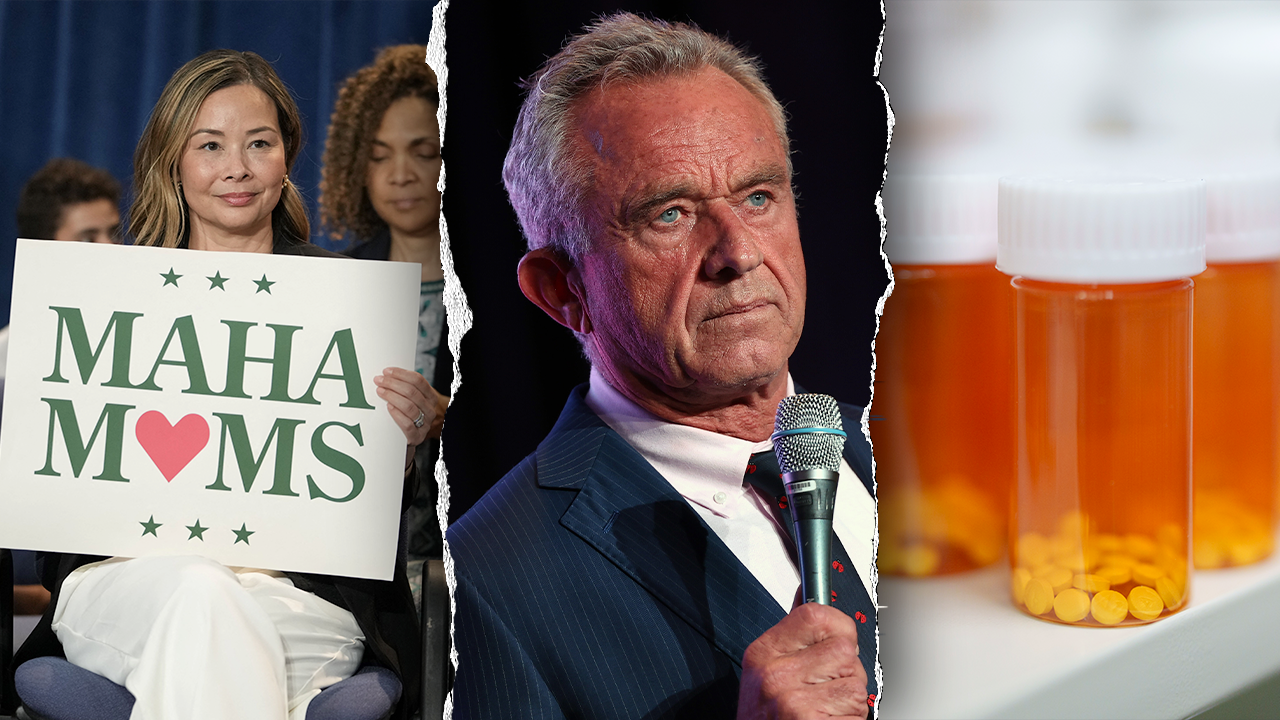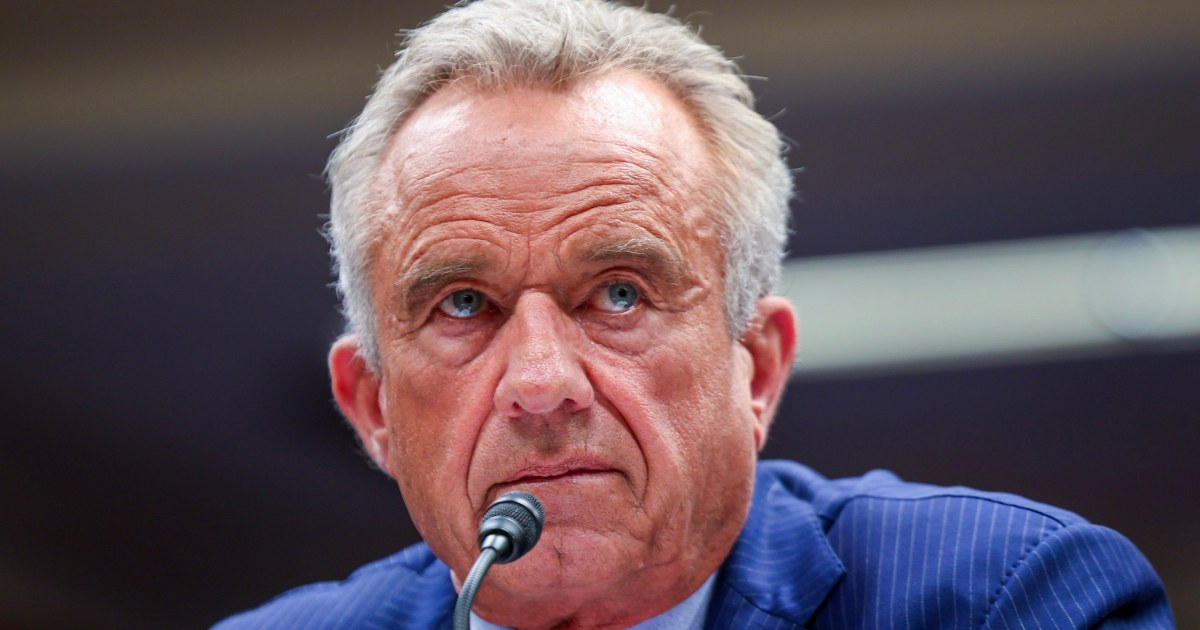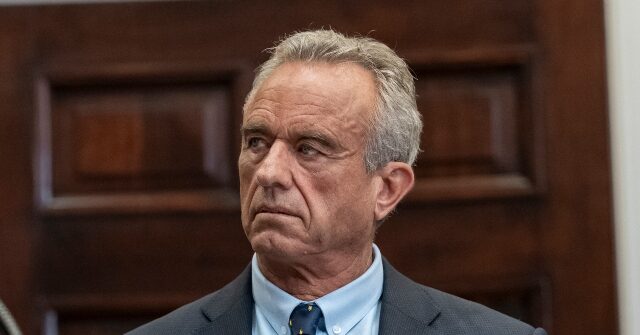New MAHA Report Highlights Childhood Health Crisis Amid Criticism
The MAHA report identifies key drivers of chronic disease in children, sparking debate over its focus and proposed solutions.
Subscribe to unlock this story
We really don't like cutting you off, but you've reached your monthly limit. At just $5/month, subscriptions are how we keep this project going. Start your free 7-day trial today!
Get StartedHave an account? Sign in
Overview
The 'Make America Healthy Again' report, led by HHS Secretary Robert F. Kennedy Jr., outlines a health crisis among American children, attributing rising chronic diseases to poor diet, environmental toxins, and overmedication. The report identifies four major drivers: poor diet, environmental chemicals, chronic stress, and lack of physical activity. Critics argue it overlooks socioeconomic factors and lacks concrete solutions. The administration plans to develop policy recommendations in 180 days, but concerns remain about the implications for public health and agriculture, especially given recent cuts to health programs and the report's controversial stance on vaccines.
Report issue

Read both sides in 5 minutes each day
Analysis
- The article presents a neutral tone regarding the Trump administration's report on childhood chronic diseases.
- Critics argue the report overlooks socioeconomic factors affecting childhood health.
- There is skepticism about the feasibility of the proposed solutions in the report.
Articles (20)
Center (5)
FAQ
The MAHA report criticizes poor diet as a major driver of chronic disease among children. While it highlights ultraprocessed foods as particularly harmful, it does not list specific foods or brand names, focusing instead on broader dietary patterns involving processed and nutrient-poor food choices.
The MAHA report outlines key health concerns but has been criticized for lacking concrete policy solutions. The administration plans to develop policy recommendations within 180 days, but as of now, it does not specify actionable steps or programs.
Critics argue the MAHA report overlooks socioeconomic factors that contribute to childhood health, such as poverty and access to healthcare. It has been faulted for not offering concrete solutions and for reportedly lacking a balanced perspective on public health interventions like vaccines.
The report argues that children's use of digital devices, particularly smartphones, contributes to reduced physical activity and worsening mental health. It links these effects to social deprivation, sleep disruption, and addiction, citing author Jonathan Haidt's work[1].
The MAHA report expresses concern about the overuse of prescription medications, including stimulants, antidepressants, antipsychotics, antibiotics, asthma drugs, GLP-1 medications, and hormone therapies for gender-affirming care. It calls for additional research on whether current practices may contribute to anxiety and depression in children[1].
History
- 5M

 6 articles
6 articles

